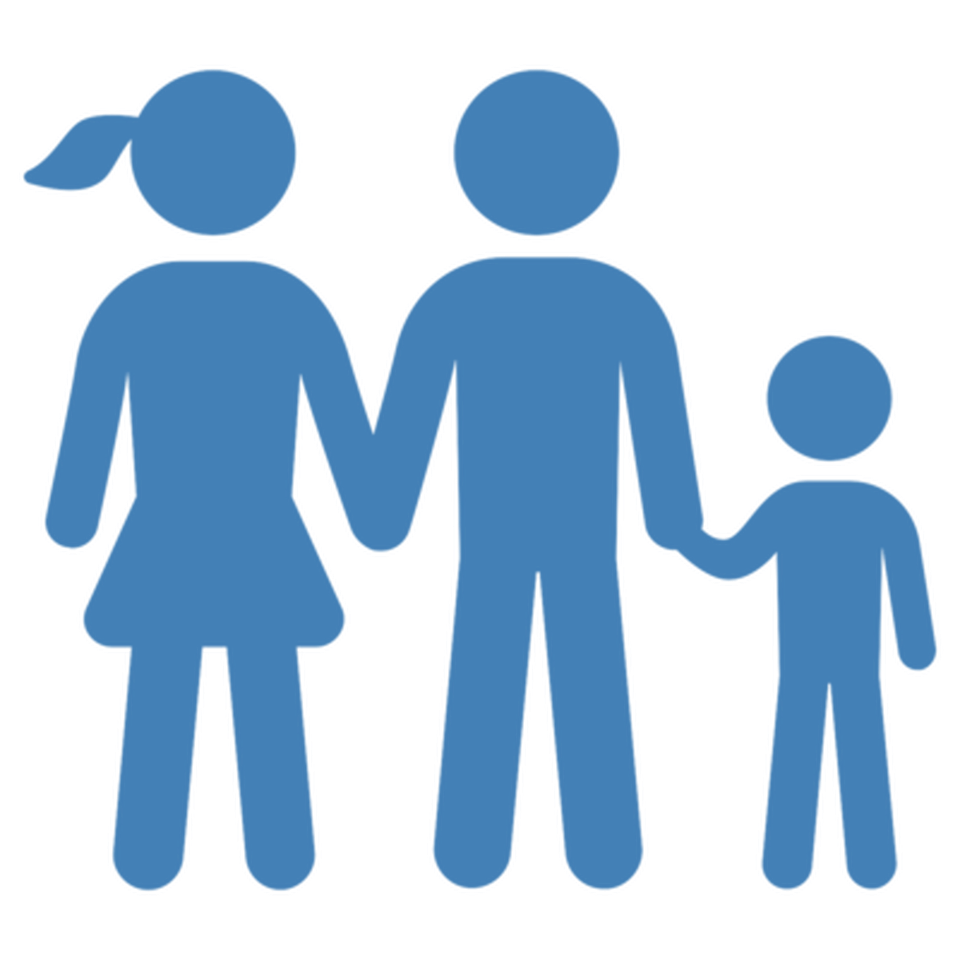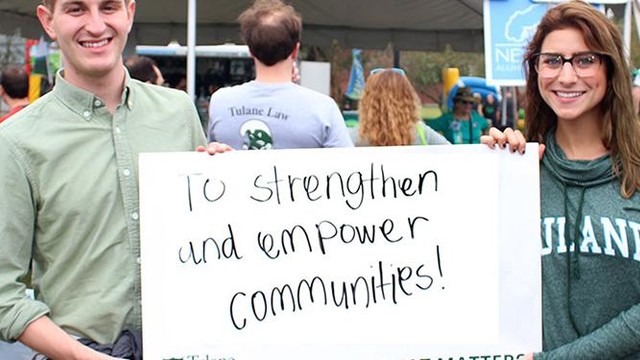What impact will you make?
Interested in learning more about Tulane University’s School of Social Work?
Mental Health, Addictions, and the Family Focus Area
Key Dates and Deadlines
Early Submission Deadline: October 1
Priority Deadline: November 1
Final Submission Deadline: December 5
Focus Area Overview
Tulane Master of Social Work (MSW) students have the opportunity to specialize their degree with a Mental Health, Addictions and Family focus. As one of a few remotely offered MSW degrees with a family practice focus within the United States, this unique program enhances our online MSW program with a combination of coursework and field placements. Our Office of Field Education and faculty help students locate field placement in well-suited local organizations near their own homes so they can gain hands-on experience serving their local communities. In short, we help students do for the families in their own communities what we have long been doing for the families in ours. The Princeton Review included Tulane University in its “Colleges with a Conscience” category in 2014, noting our commitment to giving back to our city, New Orleans. With a focus on Mental Health, Addictions, and the Family, MSW graduates will be equipped with the skills they need to stand with individuals and families struggling with adversity.
Focus Area Highlights

Students gain experience leveraging structural, narrative, cognitive-behavioral, multisystemic, and collaborative family intervention techniques in order to restore healthy families, and communities after facing life’s toughest challenges.

The National Clinical Licensing Exam (LCSW) pass rate at Tulane is 87 percent whereas the national average is 78 percent.

Students experience a combination of coursework and family practice-related field placements.

Students learn how to empower families and assist in their healing.

Students receive an exceptional education from a top-ranked institution at an unparalleled value.

Dedication to Family Practice = Rebuilding Communities
Families are the bedrock of any community. When skilled social workers work to strengthen and repair familial relationships, they are in turn helping whole networks and neighborhoods grow healthier, more self-empowered, and more resilient. In Tulane’s MSW Mental Health, Addictions, and the Family focus area, we present our curriculum with wider community empowerment in mind.
Why Pursue the Mental Health, Addictions, and the Family Focus
MSW students who focus on Mental Health, Addictions, and the Family become distinguished professionals with a specialized skill set. Graduates are effectively prepared to collaborate with communities and governments to reduce national rates of substance abuse, domestic violence and poverty.
- Social workers refer individuals to appropriate programs and rehabilitation centers.
- Necessary aftercare upon completion of a program comes via trained social workers.
- Social workers, especially those with marriage and family practice degrees, educate families and improve communities by helping individuals understand the cycle of addiction and abuse, and how to avoid taking part in the cycle.
- Families and communities that are better educated on these topics have better outcomes—and social workers are an integral part of getting there.
- Tulane’s MSW Mental Health, Addictions, and the Family focus area trains students on navigating the intricacies of ethnic differences within families and communities to provide culturally sensitive counseling and guidance.
Curriculum
MSW students who choose to pursue the the Mental Health, Addictions, and the Family focus area are trained to become cutting-edge experts in various types of family intervention, including:
- Structural
- Narrative
- Cognitive-behavioral
- Multisystemic
- Collaborative
- Family systems
- Emotionally focused and functional family therapy
In classroom practice settings, role-playing is an important method through which students begin to apply learnings in real time, and lectures from a host of family therapy experts will help students to cement the skills they gained. With Tulane’s focus on cultural sensitivity and ethics guidelines, students are equipped to become thoughtful, innovative, and effective family-practice experts.
We invite prospective students to review the coursework descriptions.
Flexible Curriculum Schedules
Designed with working students in mind, the MSW program offers flexible part-time and full-time curriculum schedules for on-campus and online students.
We invite prospective students to explore sample curriculum schedules here.
Field Education
Every MSW student is also required to complete 948 hours of field-based education. This integral part of the degree program pairs each student with an organizational partner in the individual’s city or town to start getting on-the-ground experience working within the student’s own community. The fieldwork experience and the rest of the curriculum are mutually supportive so that students can get the most out of every minute of their time with Tulane.
Career Information
Graduates of Tulane’s MSW with a Mental Health, Addictions, and the Family focus make an impact across a variety of settings, including:

Child Welfare and Human Services Agencies
Hospitals


Homeless Shelters and Women’s Shelters
Schools

Testimonials

Susan Looney, MSW ‘13
“My experience at Tulane has given me a valuable learning experience both inside and outside of the classroom. The combination of class and field experience has had a profound impact on my success as a professional social worker. Thanks to my classes and field placements at Tulane, I had the knowledge and experience to make a difference in my community.”

Timothy van der Veken, MSW ‘09
“My field education gave me the opportunity to apply my academic skills and philosophy in a real-world environment while still enjoying the careful guidance of my professors, classmates, and field supervisor. I learned to integrate my knowledge and values of community-centered work with the unique perspective of local social work professionals in practice.”
Why Choose Tulane
Founded in 1834 in New Orleans, Tulane University has nine schools and one college, and is a member of the Association of American Universities. Tulane also ranks as “very high research activity” according to the Carnegie Foundation for the Advancement of Teaching. The school has 8,452 undergraduates and 5,129 graduate students. Tulane University is accredited by the Commission on Colleges of the Southern Association of Colleges and Schools to award associate, baccalaureate, master’s, doctoral, and professional degrees.